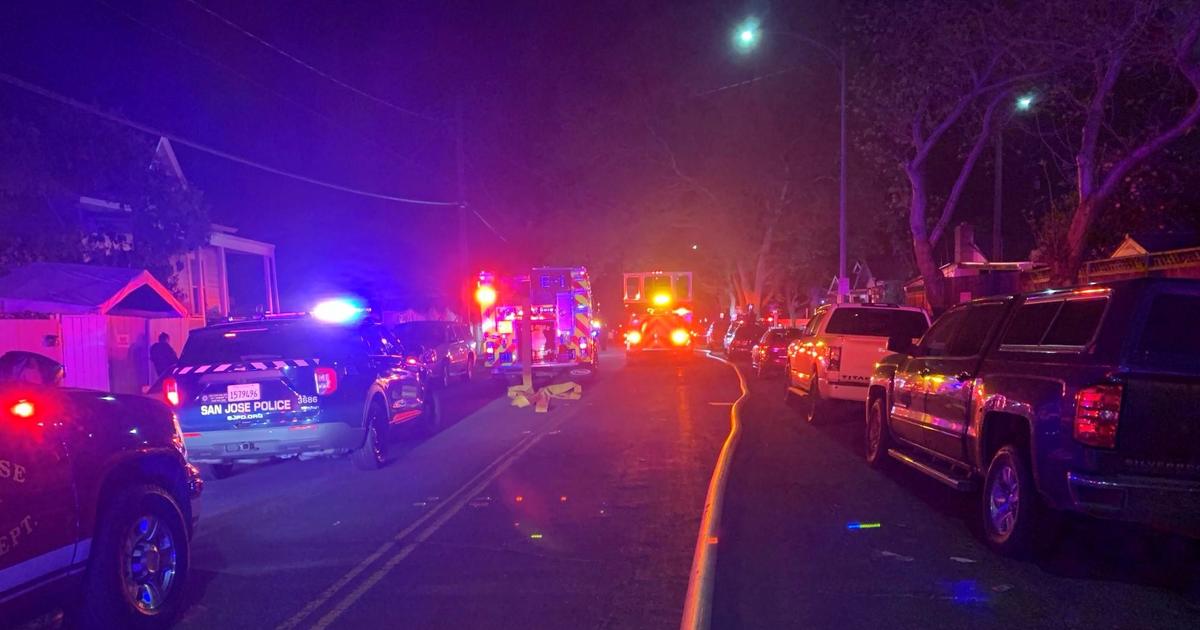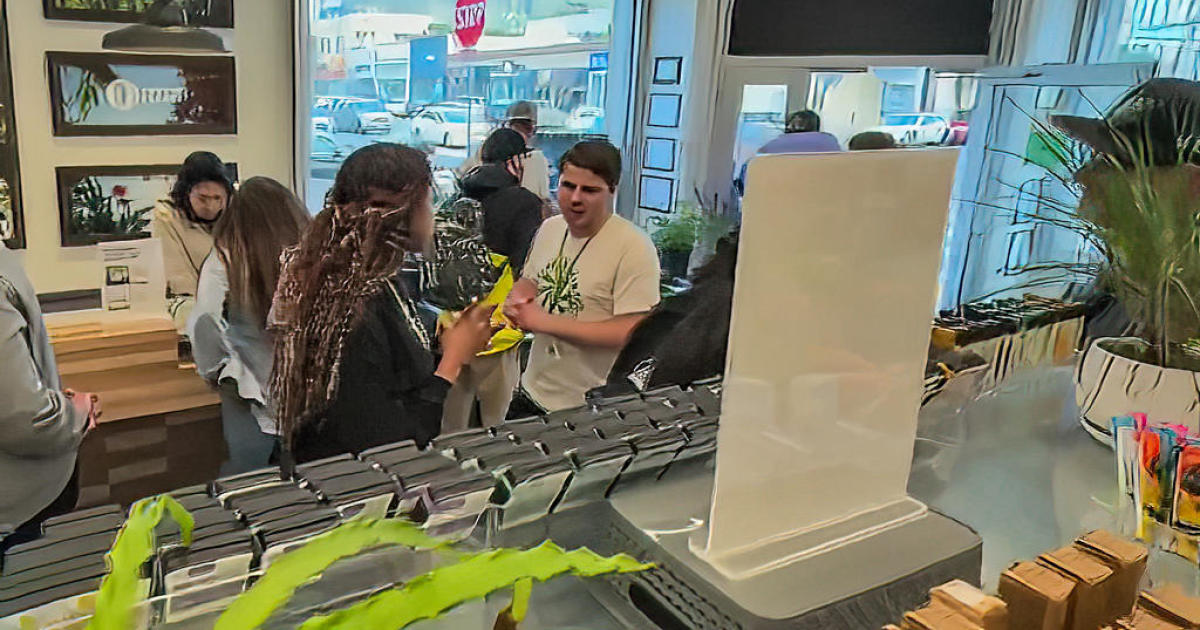Stanford Doctor Under Ebola Quarantine Remains Symptom-Free
REDWOOD CITY (CBS SF) - Dr. Colin Bucks, the Stanford Medical Center doctor under home quarantine after treating Ebola patients in West Africa, said Thursday he feels well and has shown no symptoms of the virus in the week since his return from Liberia.
"So far, I have had rock solid normal temperatures and no symptoms at all. It's hard to describe normal when it's just normal," Bucks said, speaking by to reporters from his home in Redwood City by Skype.
Stanford Doctor Under Ebola Quarantine Remains Symptom-Free
Bucks agreed to stay in quarantine at home for 21 days when he returned from Liberia on Oct. 24. He's had no direct contact with his family since he left for Africa.
Although allowed to leave the house alone, Bucks said he has chosen to remain indoors to keep his neighbors at ease.
"I understand and I'm sympathetic to fear. I'm also very confident in a developed health care systems ability to contain this and treat this," he said, adding that he views the quarantine as a part of his deployment.
Bucks urged Americans who are afraid of Ebola need to arm themselves with information.
"It's important for people to understand that it is impossible to transmit this illness without fever or without symptoms."
Bucks described some of the extraordinary precautions healthcare workers take to avoid contracting the virus, such as washing hands and feet before entering or leaving any building or dwelling when working in low-risk areas.
"In the high-risk areas, you did the same thing," he said, plus, "You're in essentially a space suit of personal protective equipment."
Bucks professed no regrets about going to Liberia, saying the responsibility he feels to help contain Ebola in Africa has led him to start recruiting additional health care workers to go to West Africa.
"My skill set, both with the disaster training and with emergency medicine, is very transferable to austere conditions. And in a lot of ways, I feel it's a responsibility that this illness is treated aggressively in West Africa to protect the rest of the globe."



